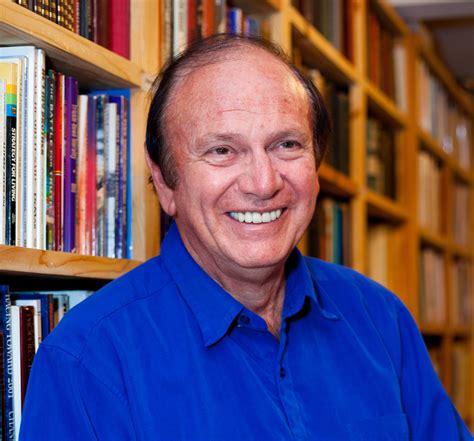A Quote by Timothy Keller
God’s grace does not come to people who morally outperform others, but to those who admit their failure to perform and who acknowledge their need for a Savior.
Related Quotes
When [the saints] perform actions to God, then the soul says: 'Oh! that I could do what pleases God!' When they come to suffer any cross: 'Oh, that what God does might please me!' I labour to do what pleases God, and I labour that what God does shall please me: here is a Christian indeed, who shall endeavour both these. It is but one side of a Christian to endeavour to do what pleases God; you must as well endeavour to be pleased with what God does, and so you will come to be a complete Christian when you can do both, and that is the first thing in the excellence of this grace of contentment.
God has given us a gift in Jesus Christ. And people don't understand: it's for our benefit. One of the things that says, "For unto you is born this day a savior." They say, "Well, I don't need a savior." Believe me: if you didn't need one, God wouldn't have sent it. Because he wouldn't have wasted the time.
But look at the men who have those perverted notions about the grace of Jesus Christ which has come down to us, and see how contrary to the mind of God they are. . . . They even abstain from the Eucharist and from the public prayers, because they will not admit that the Eucharist is the self-same body of our Savior Jesus Christ which flesh suffered for our sins, and which the Father of His goodness raised up again.
Before I can call upon Christ as my Savior, I have to understand that I need a savior. I have to understand that I am a sinner. I have to have some understanding of what sin is.I have to understand that God exists. I have to understand that I am estranged from that God, and that I am exposed to that God's judgment. I don't reach out for a savior unless I am first convinced that I need a savior. All of that is pre-evangelism. It is involved in the data or the information that a person has to process with his mind before he can either respond to it in faith or reject it in unbelief.
It is grace at the beginning, and grace at the end. So that when you and I come to lie upon our death beds, the one thing that should comfort and help and strengthen us there is the thing that helped us in the beginning. Not what we have been, not what we have done, but the Grace of God in Jesus Christ our Lord. The Christian life starts with grace, it must continue with grace, it ends with grace. Grace wondrous grace. By the grace of God I am what I am. Yet not I, but the Grace of God which was with me.
The myth of the self-sufficient individual and of the self-sufficient, protected, and protective familytells us that those who need help are ultimately inadequate. And it tells us that for a family to need help--or at least to admit it publicly--is to confess failure. Similarly, to give help, however generously, is to acknowledge the inadequacy of the recipients and indirectly to condemn them, to stigmatize them, and even to weaken what impulse they have toward self-sufficiency.
Perhaps the most difficult task for us to perform is to rely on God’s grace and God’s grace alone for our celebration. It is difficult for our pride to rest on grace. Grace is for other people—for beggars. We don’t want to live by a heavenly welfare system. We want to earn our own way and atone for our own sins. We like to think that we will go to heaven because we deserve to be there.

































